Promoting Heritage Language In Northwest Russia
This volume illustrates how language revival movements in russia and elsewhere have often followed a specific pattern of literacy bias in the promotion of a minority’s heritage language, partly neglecting the social and relational aspects of orality. Using the vepsian renaissance as an example, this volume brings to the surface a literacy-orality dualism new to the discussion around revival movements. This book addresses all the actors involved in revival movements including activists, scholars and policy-makers, and opens a discussion on literacy and orality, and power and agency in the multiple relational aspects of written and oral practices.
{{comment.content}}

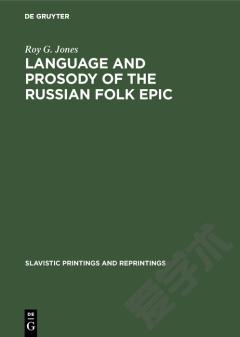
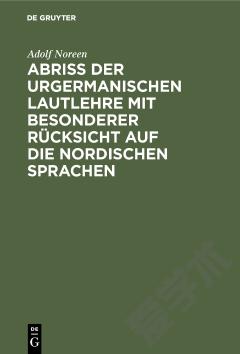
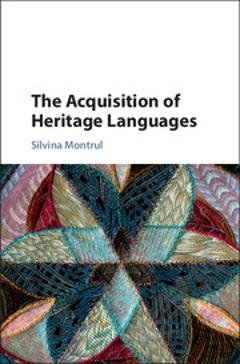
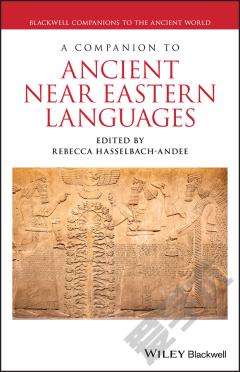

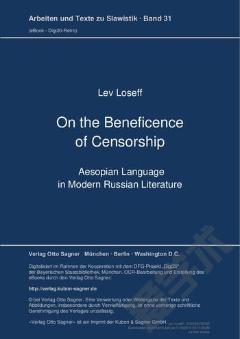

 京公网安备 11010802027623号
京公网安备 11010802027623号